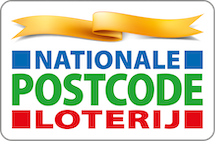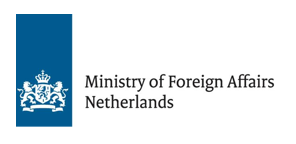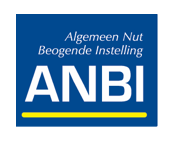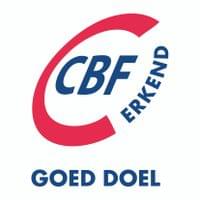Announcing the 2018 Photography and Social Justice Fellows
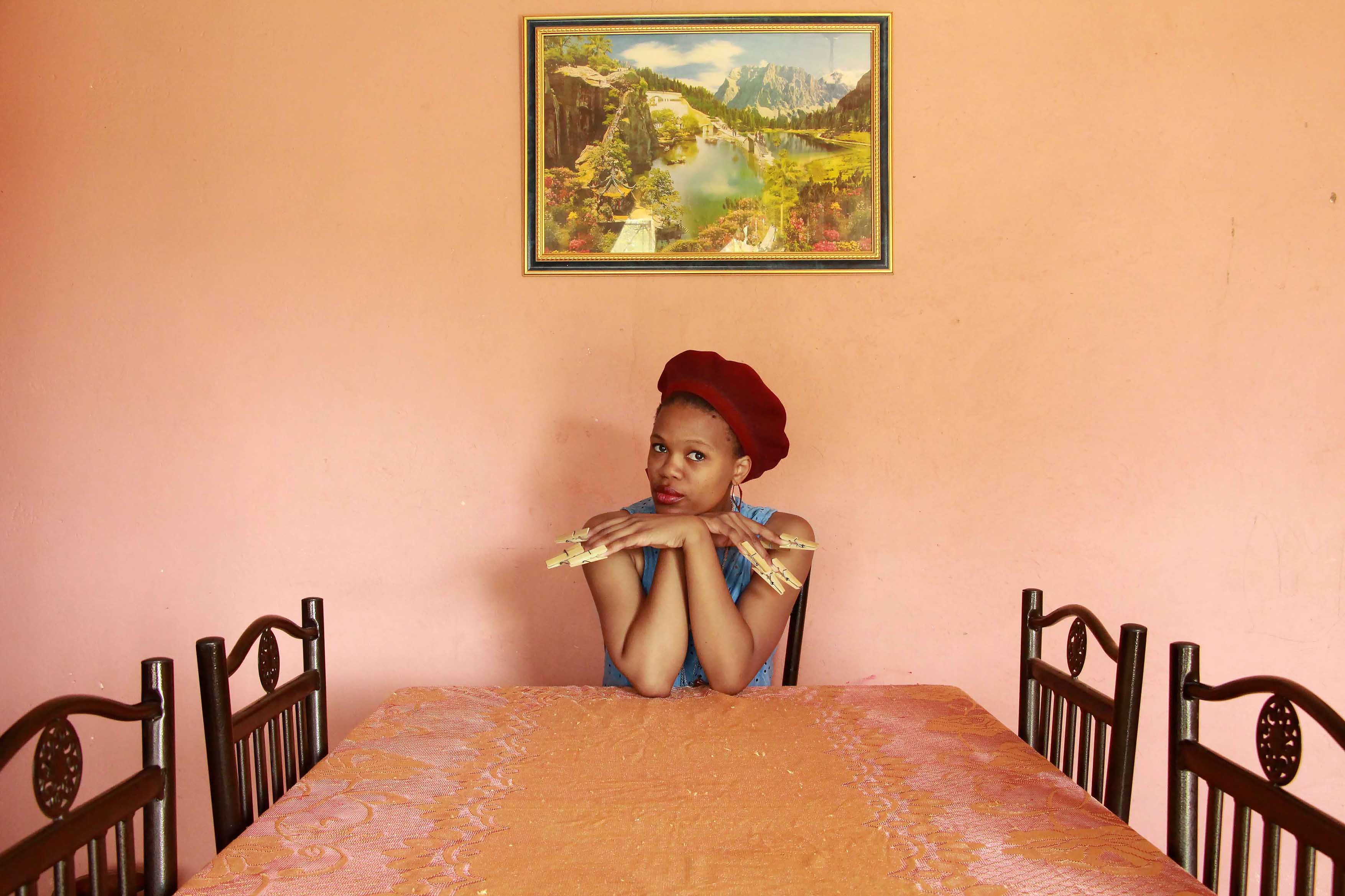
Aunt: Talk I am listening. Makazi is a character that represents people in or lives who are listeners particularly during hard times.
Thandiwe Msebenzi. Eastern Cape, South Africa, 2017.
Together with Magnum Foundation, we’re pleased to announce the 2018 Photography and Social Justice Fellows, ten emerging and early career photographers, artists, journalists, and activists who are passionate about challenging injustice, pursuing social equality, and advancing human rights through photography. Selected from over 600 applicants, they join 29 other young image-makers from 19 different countries that have been trained through this programme since 2010 to be effective storytellers, creative leaders, and changemakers.
2017 fellow Lindokuhle Sobekwa reflected: “This programme has opened my mind and changed me to a certain extent, I am in touch with my surroundings and more propelled to interrogate my environment, history, and politics. It has introduced me to video, audio, and research, and it also made me question a lot of things critically. Now I am constantly thinking about how can I create conversations using art or photography. Magnum foundation has influenced me to explore the self, especially tapping into social issues and also into suppressed emotion I had about my relationship with my sister and her disappearance [the subject of my project]. I used the programme as a platform of self discovery and interrogation, and I believe that it can lead to a lot of healing and talking. It's all about making images matter.”
THIS YEAR’S FELLOWS ARE
- Bahaa Elias, Iraq
- Billy H.C. Kwok, China
- Courtney Garvin, USA
- Fabiola Ferrero, Venezuela
- Jeremiah Ikongio, Nigeria
- K. Flo Razowsky, USA
- Özge Sebzeci, Turkey
- Rohit Saha, India
- Thandiwe Msebenzi, South Africa
Guevara Namer was selected, but was not able to obtain a visa to travel to the US due to the travel ban. She will be participating in part of the programme remotely from Germany in June.
The Photography and Social Justice programme offers specialized training and space for experimentation with new approaches to socially engaged documentary practice. “I create my work so I can break the silence about these unspoken issues, it also helps me heal as well as liberate woman I have shared the work with. I am interested In photography because it creates a believable reality. Pictures inform how we see and think about things,” said Thandiwe Msebenzi in her application. Fabiola Ferrero writes, “artists belong to every space of society, and not only galleries and museums.”
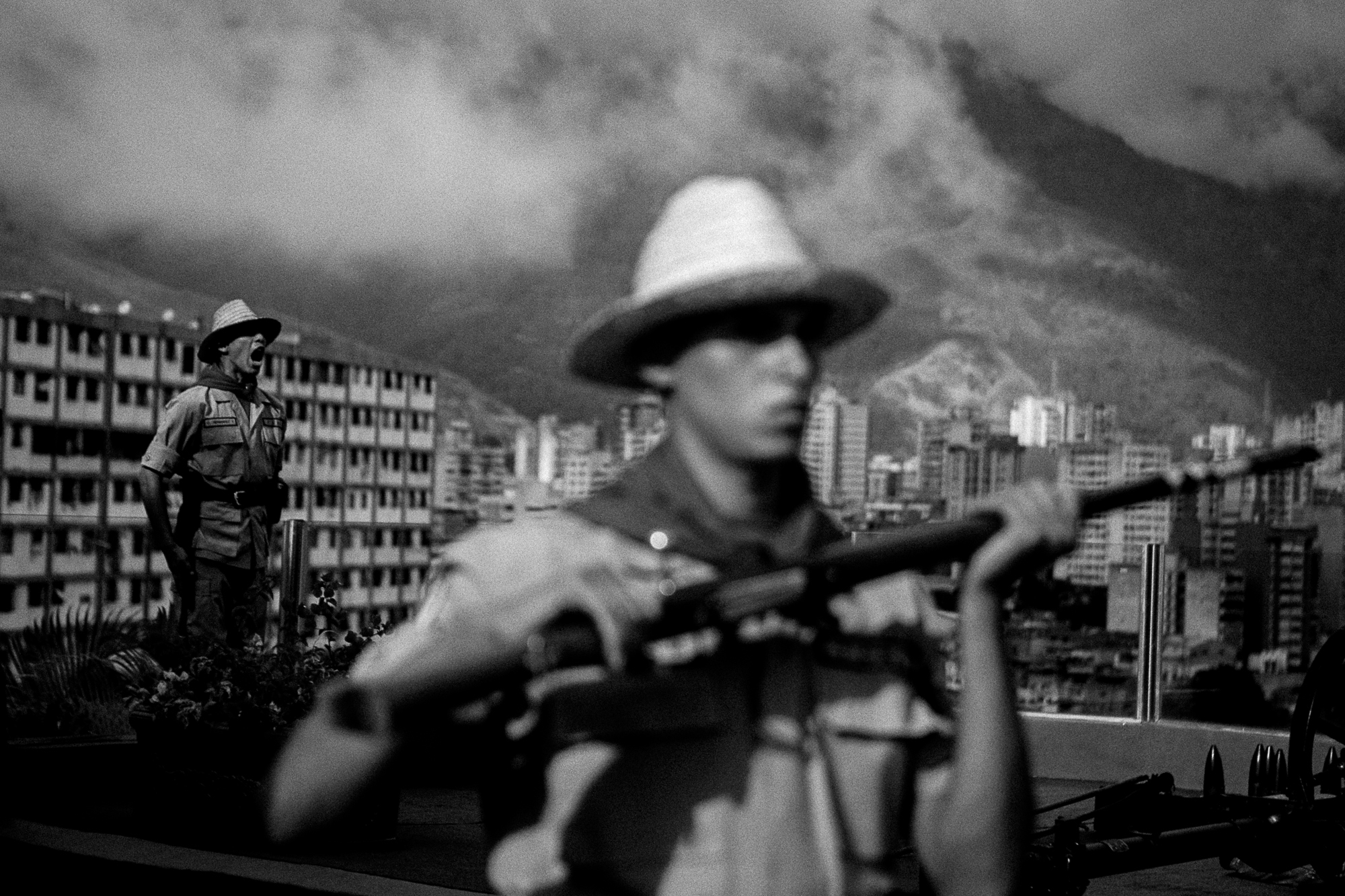
Photo: Fabiola Ferrero. Two members of the militia, a "defense group" created by late President Hugo Chávez, during the commemoration of the third year anniversary of his death, on March 5th, 2017, Venezuela.
Intensive group workshops and long-term individual mentorship support fellows in using their creative skills to inspire movements, to witness, to resist oppression, to pose difficult questions, and to stimulate debate and awareness about social issues. Describing her use of photography, Özge Sebzeci says:
“Photography is not only for now and today but also for future generations. All the photos in my archive are documents that can be part of a story when the right moment comes. That’s why I insist on staying in this field as an independent photographer and documenting the issues that matter to me and to the society, although the freedom of expression is more and more limited in my country.”
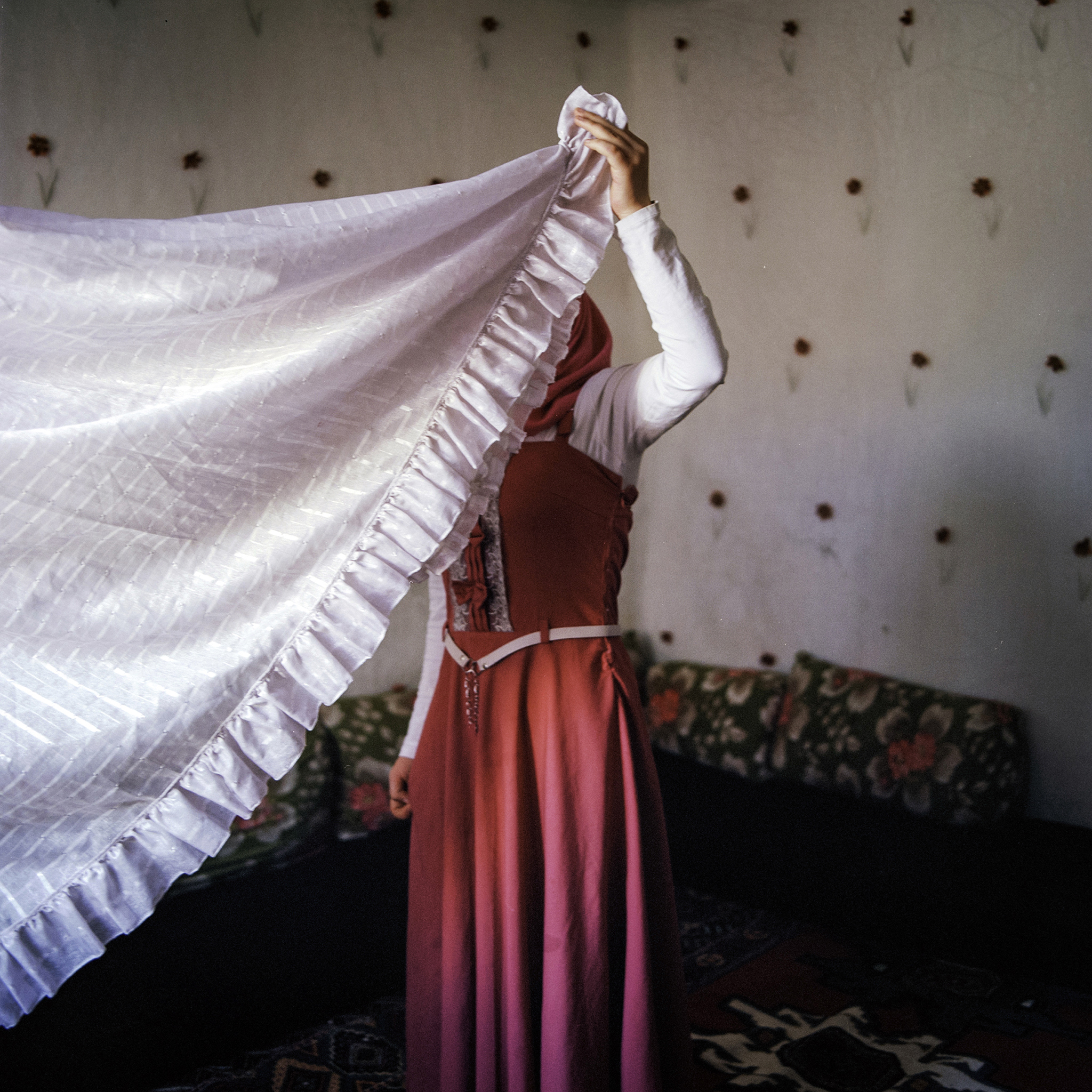
Photo: Özge Sebzeci. Khadija, 15, is recently divorced from her 20-year-old husband, Mohamed. She fled to Turkey when she was 12, was engaged at 13, and got married at 14. Her father died when they were in Syria. Khadıja believes that her father would not allow her marry if he had been alive. But under pressure from suitors, her mother allowed it. She says she is happy that she is divorced because the couple did not get along, but she is not hopeful about continuing her education. She left school in the fourth grade when the war started in Syria.
The fellowship covers the cost of travel, tuition, and room and board for six weeks of study in New York and production support and mentorship over the course of eight months. During the course of the programme, each fellow will work on a long-term project in their home country, while receiving ongoing project development feedback and production support with mentors Danielle Jackson, writer, educator, and Co-Founder of the Bronx Documentary Center and Amy Pereira, award-winning photography director. We’re also pleased to welcome photographer Sim Chi Yin as a mentor, who was one of our first Photography and Social Justice Fellows in 2010. Over the years, Magnum Foundation fellows have become models and resources for other early-career photographers, growing an international network of peer support.
Our 2018 fellows will arrive in June for a month-long training. Fred Ritchin, Dean Emeritus at the International Center of Photography, will guide fellows in a series of readings and critical dialogues about the history of creative uses of documentary imagery. Bob Sasha, Tow Professor for Visual Journalism at the CUNY Graduate School of Journalism, will lead a course on technical skills, in which fellows will gain understanding of how sound relates to modern visual journalism and experience in the tools and strategies for using audio. Sim Chi Yin will teach production and developing a personal, purposeful, and ethical practice. Artist Eric Gottesman will lead a class called Theories of Change, looking at and measuring impact and engagement through various distribution methods. Other advisors to the programme will be members of the Magnum Foundation team, photographer and Magnum Foundation board president Susan Meiselas, and Andrew L. Mendelson, Associate Dean and Professor at the CUNY Graduate School of Journalism.
While in New York, fellows will meet with international editors, organizations, and galleries, such as Time Magazine, Human Rights Watch, and Steven Kasher Gallery. The programme makes active use of the city as a resource for short assignments, shooting exercises, and network-building. And upon returning to their home countries, the fellows will work for six months on their projects with ongoing group check-ins and video conferencing with their mentors before returning in January to finalize and present their projects.
This programme is made possible by the support of the Open Society Foundations, Prince Claus Fund, Genevieve McMillan-Reba Stewart Foundation, The Rosenthal Family Foundation, Bertha Foundation, and the Achelis and Bodman Foundations.
